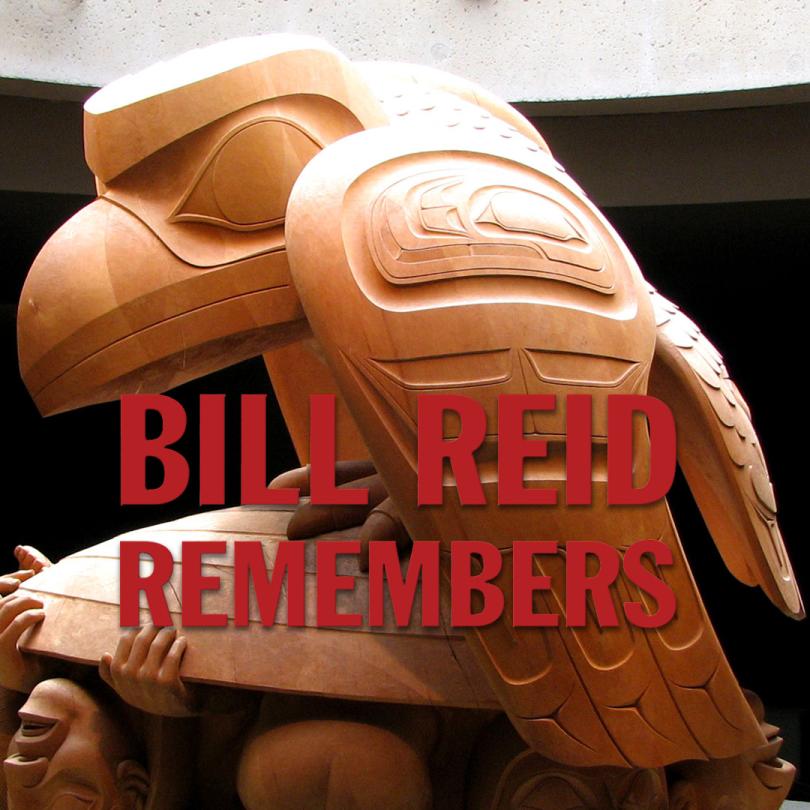
In this intimate portrait of renowned Haida artist Bill Reid, Alanis Obomsawin weaves together voice recordings of her...

In this intimate portrait of renowned Haida artist Bill Reid, Alanis Obomsawin weaves together voice recordings of her...
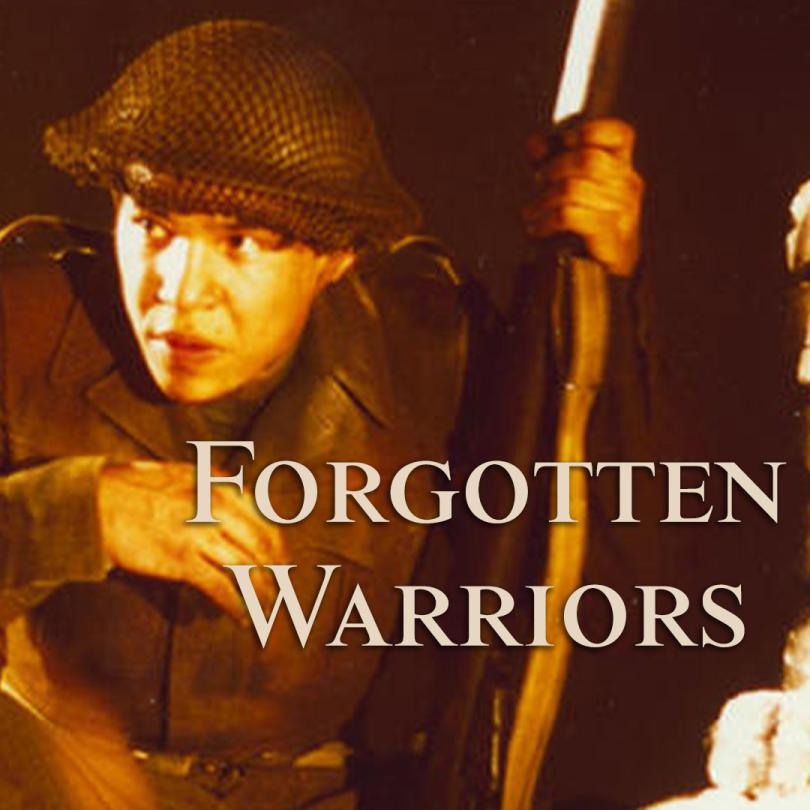
Following the Second World War, thousands of Canadian Indigenous men and women who had fought alongside non-Indigenous...
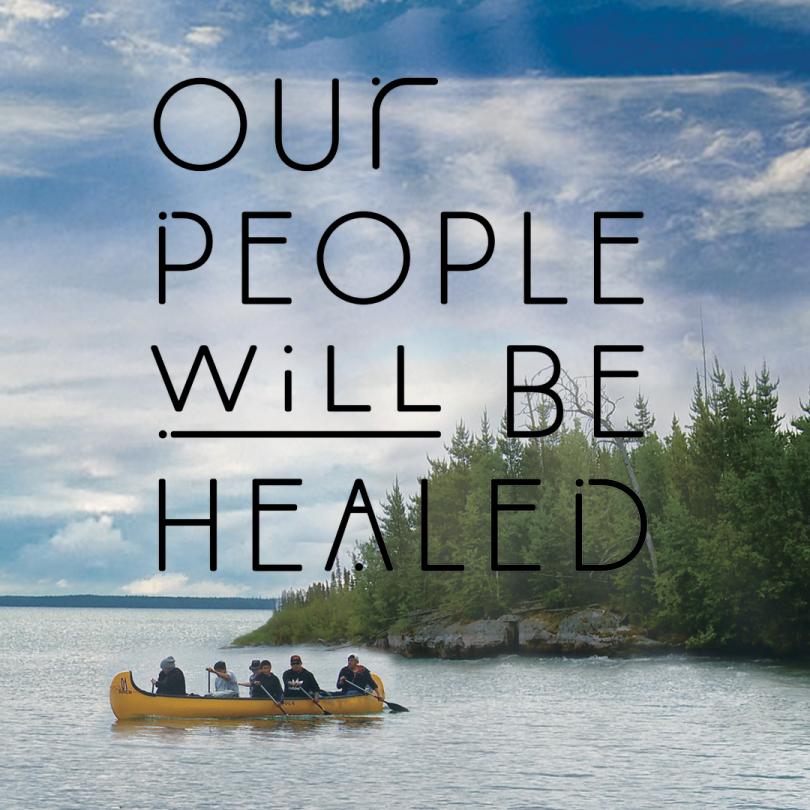
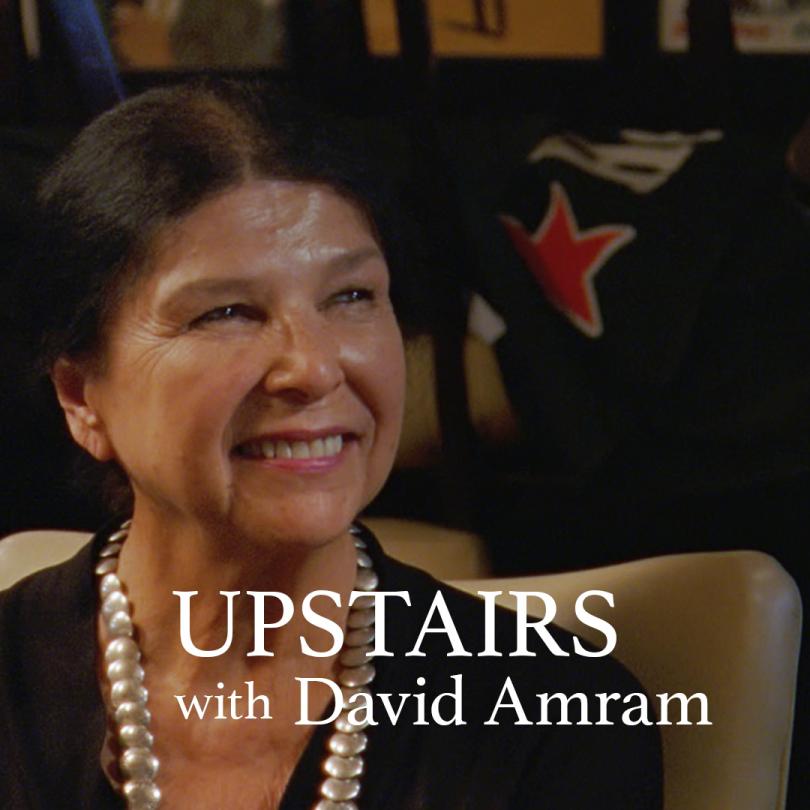
At Montreal's celebrated Upstairs jazz bar, filmmaker Alanis Obomsawin and musician/activist David Amram reflect on...
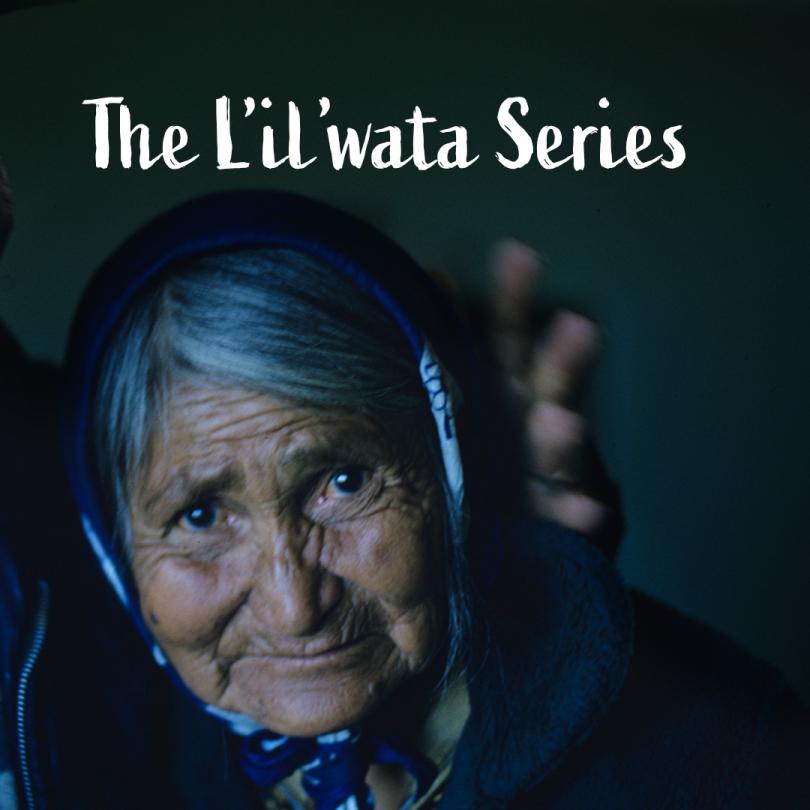
Alanis made this series of short films for students in 1975 featuring the personal stories, voices, culture, history and...
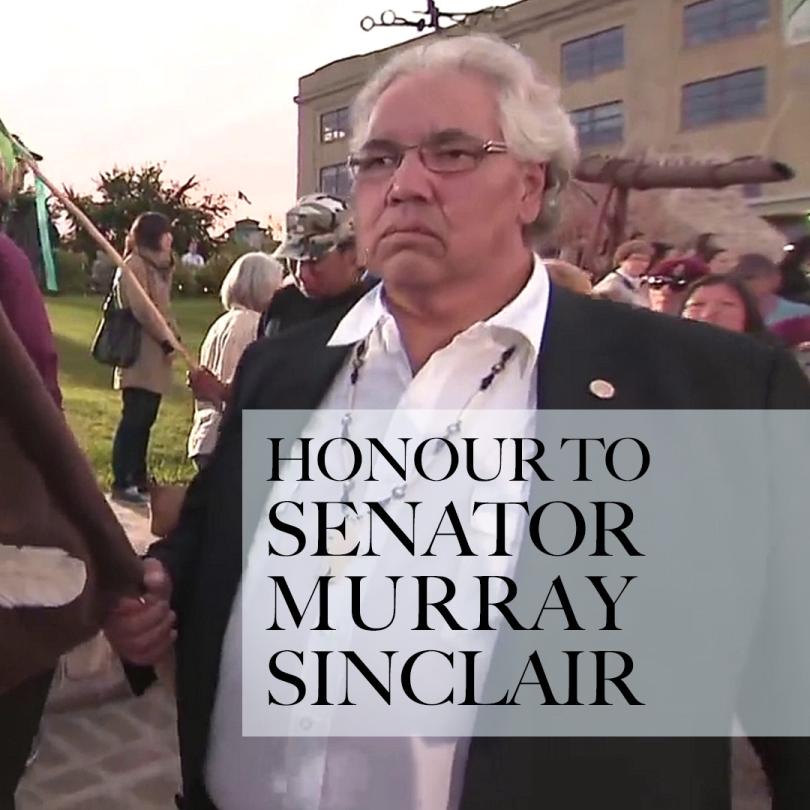
Alanis Obomsawin shares a powerful 2016 speech by the Ojibwe senator and former Truth and Reconciliation Commission...
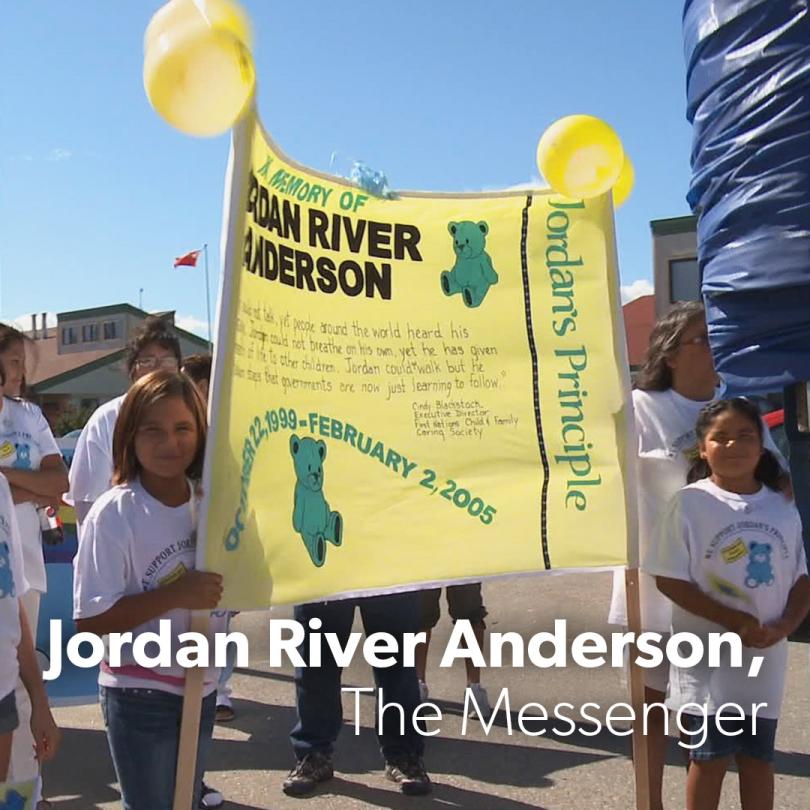
How the life of Jordan River Anderson initiated a battle for the right of First Nations children to receive the same...

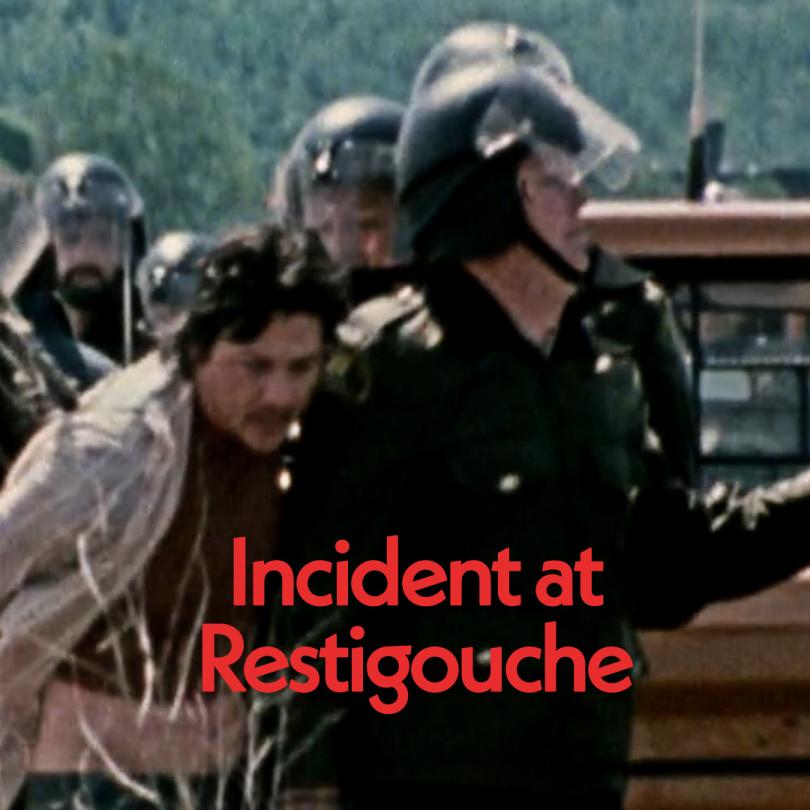
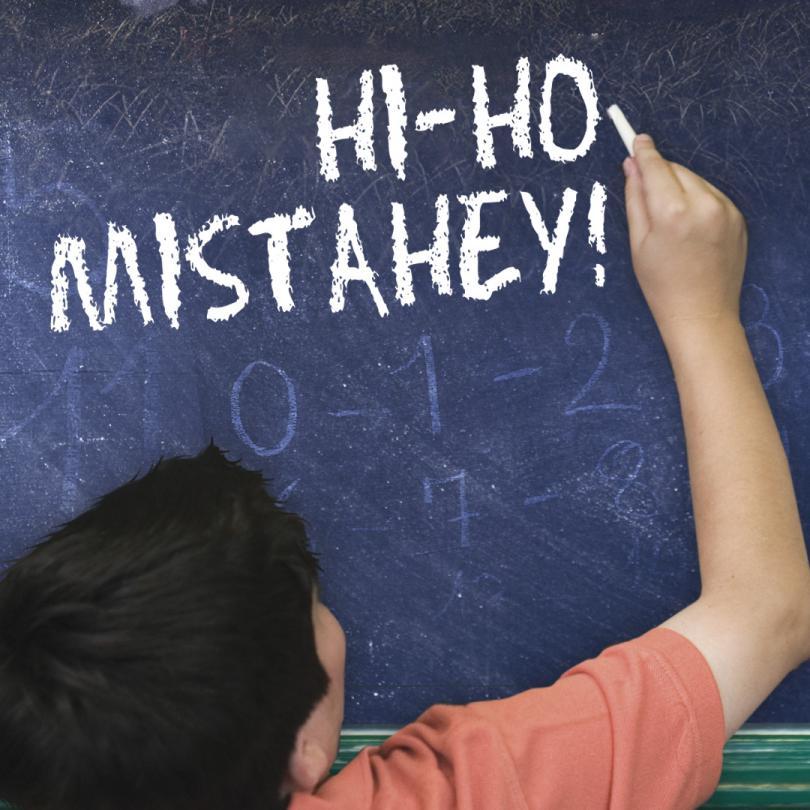
Supporters of teen Shannen Koostachin, who launched a campaign to build a suitable school in Attawapiskat before she was...
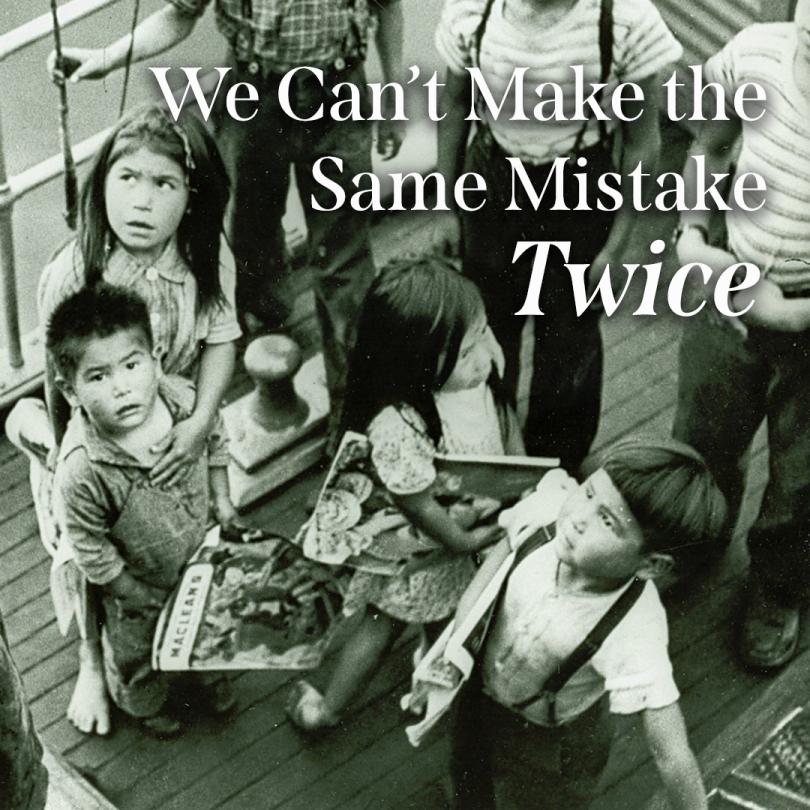
Following a historic court case filed by the Assembly of First Nations and the Child and Family Caring Society of Canada...
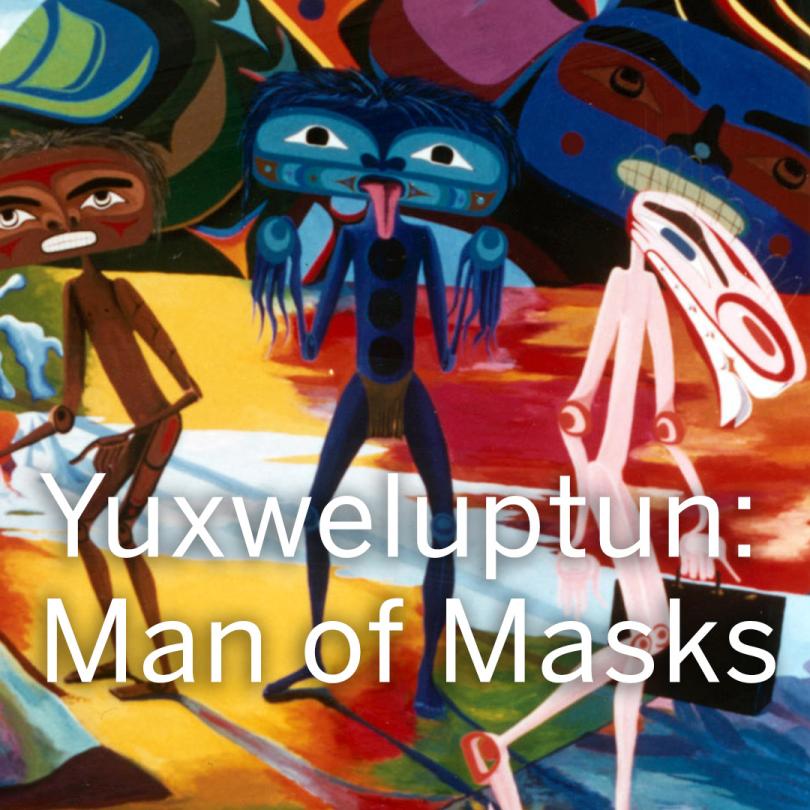
Lawrence Paul Yuxweluptun is modern artist whose artistic influences come from his home in Vancouver, British Columbia...
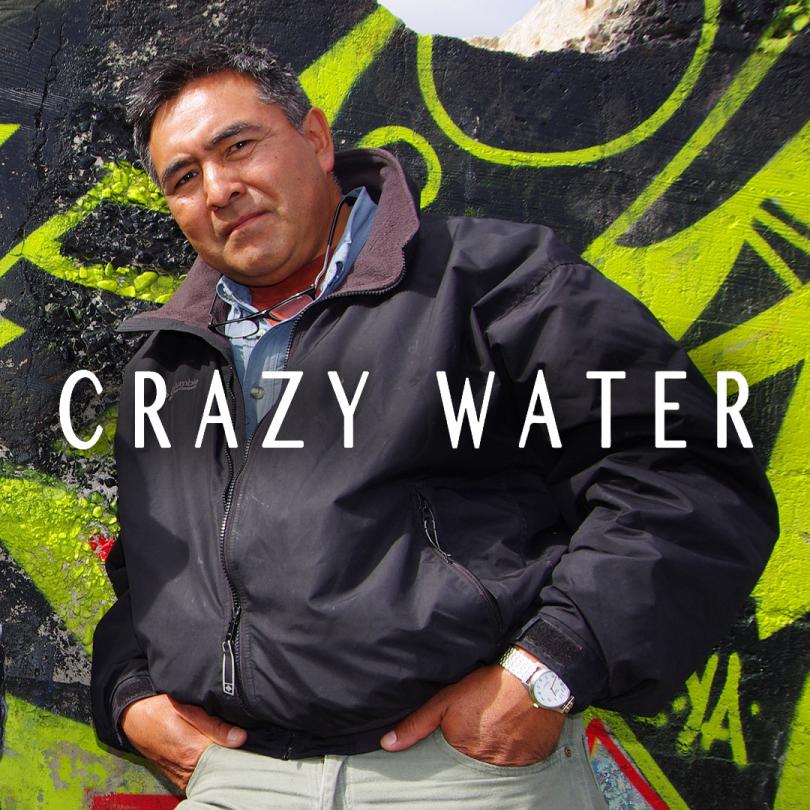
After years of struggle and shame, five Indigenous Canadians are bravely telling their stories. Crazywater is an...
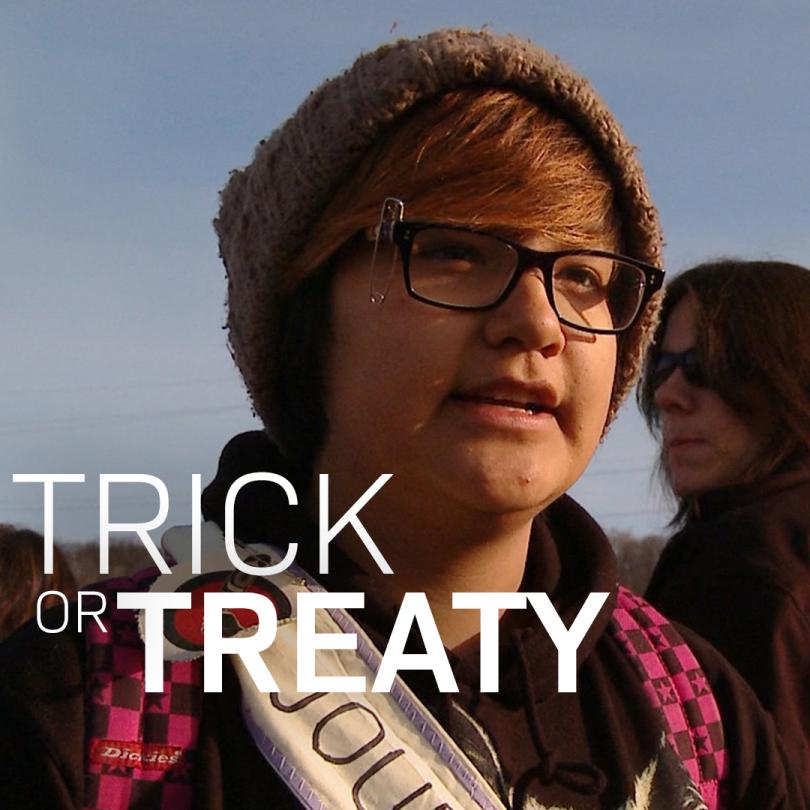
Indigenous leaders are seeking justice to establish dialogue with the Canadian government. They trace the history of...
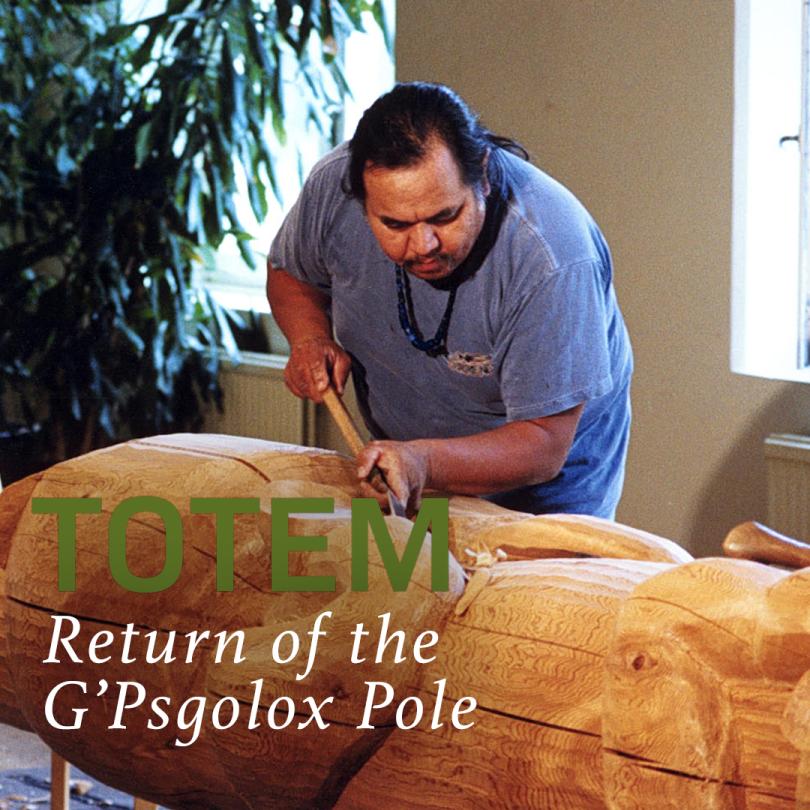
In 1929, the Haisla people returned from a fishing trip to find a totem pole, known as the G'psgolox pole, cut at the...
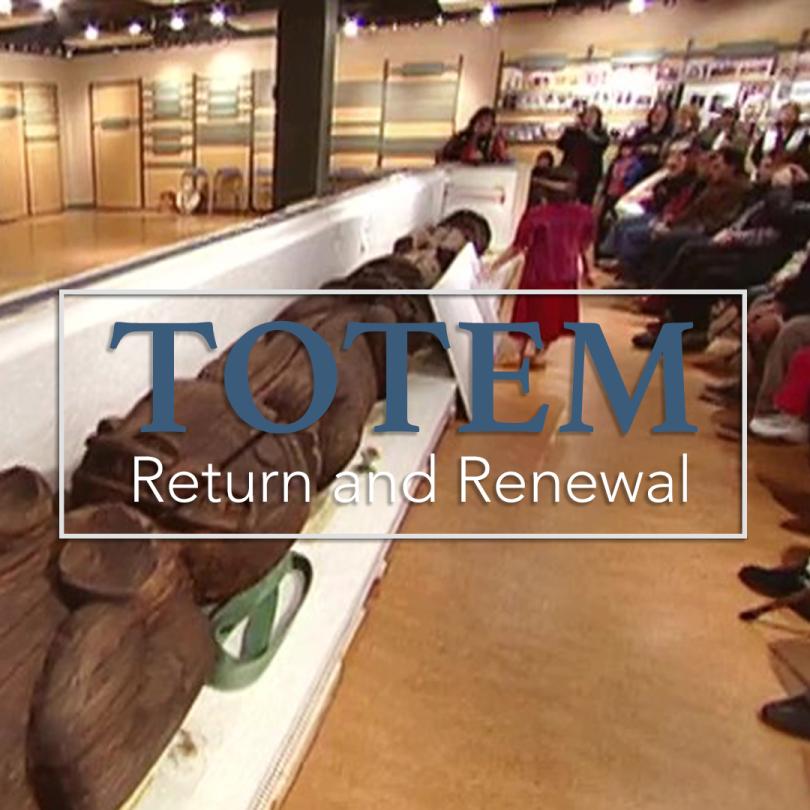
The Haisla people struggled to recover their traditional mortuary totem pole from a Swedish museum. In 2007, the museum...
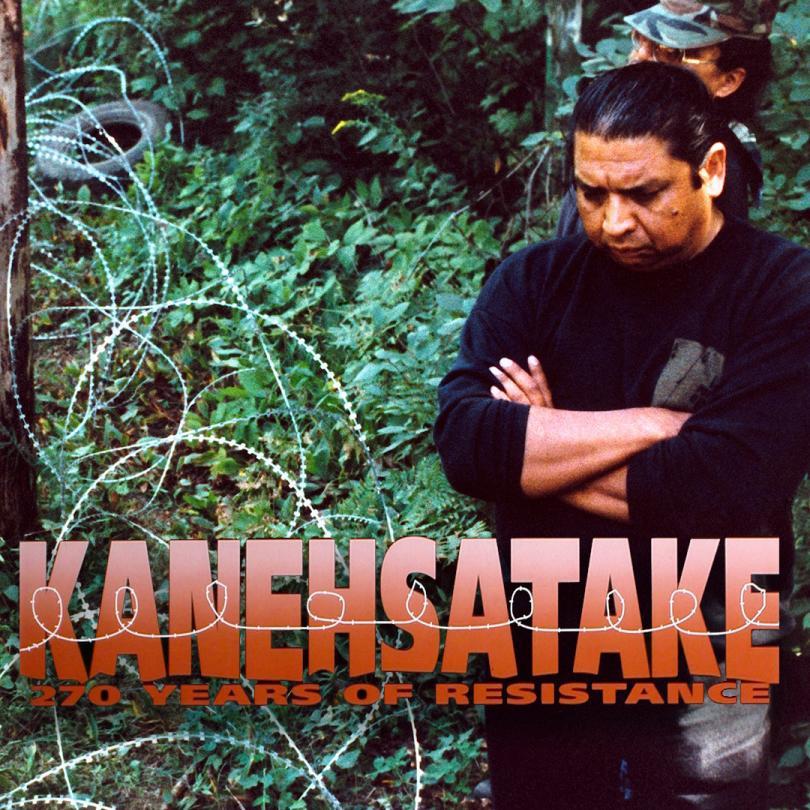
In July 1990, a dispute over a proposed golf course to be built on Kanien'kehaka (Mohawk) lands in Quebec set the stage...
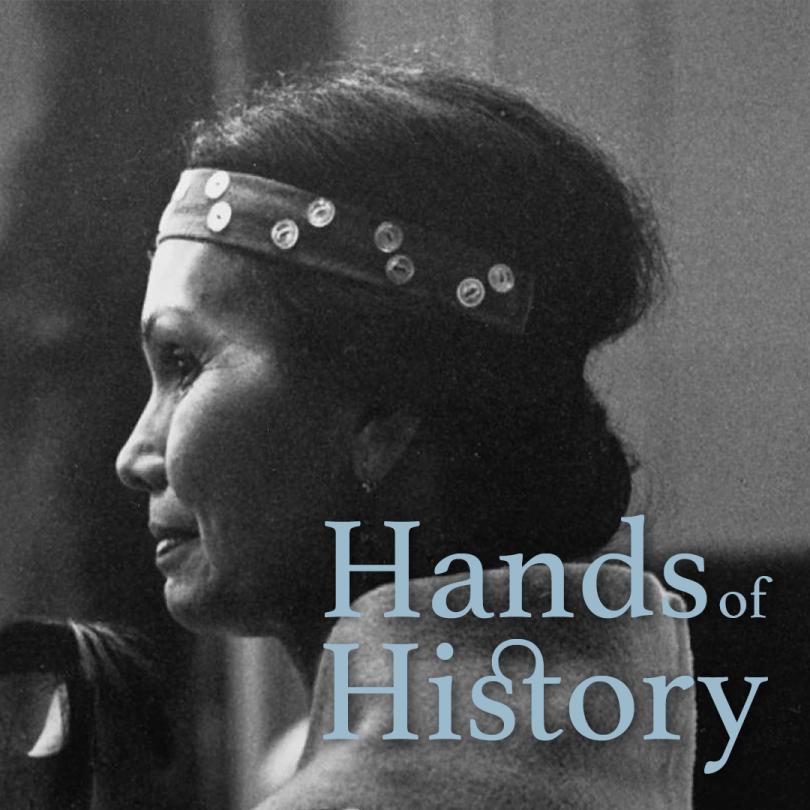
Loretta Todd profiles four contemporary female artists who seek to find a continuum from traditional to contemporary...
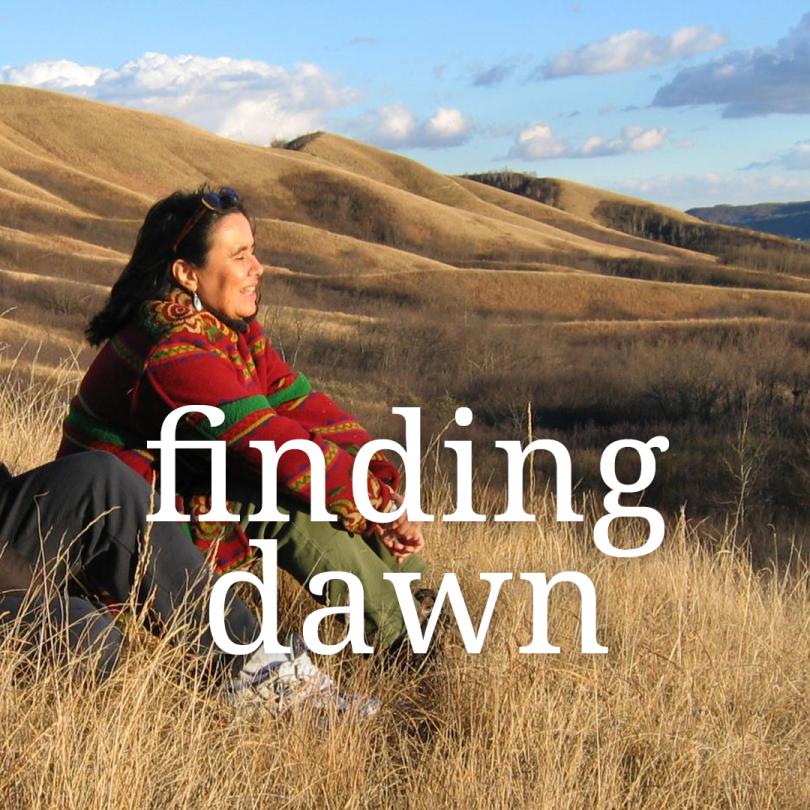
Over the past 30 years, 500 Indigenous women have gone missing or have been murdered in Canada. We go straight into the...